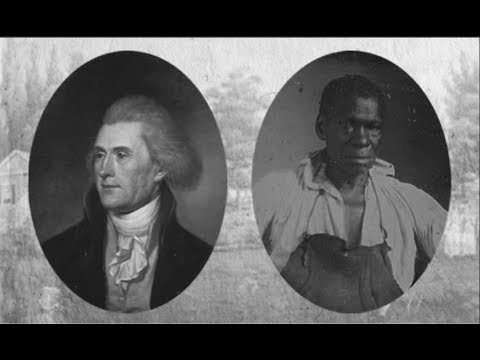Introduction:
Throughout history, various ethnic groups have unfortunately been subject to stigmatization and negative perceptions based on biases and stereotypes. One group that has particularly suffered from this distorted portrayal is Africans. Africans have often been historically viewed as threats by the global community on multiple fronts, leading to widespread misconceptions. This article aims to shed light on the root causes of this perception, debunk the related myths, and emphasize the importance of seeking an accurate understanding of diverse cultures.
Historical Roots:
The skewed perception of Africans as threats can be traced back to the era of colonization when European powers invaded and dominated African lands for exploitation purposes. The colonization period facilitated sustained narratives that unjustly painted Africans as barbaric, inferior, or backward due to cultural differences and lack of Western technologies. These negative representations were disseminated globally and served to perpetuate Western dominance over African societies while justifying oppressive policies.
Creation of Mythical Stereotypes:
Building upon the colonial narratives, a large number of myths surrounding Africans were concocted – myths that still linger today. Historically entrenched stereotypes portrayed Africans as violent savages, cannibals, unintelligent beings with no history or civilization worth acknowledging. These stereotypes were heavily influenced by generalized observations lacking depth or nuance about Africa’s vast diversity in cultures, languages, and societies.
Fear-driven Exaggerations:
Fear has often played a significant role in further perpetuating these prejudiced narratives concerning African people. During episodes such as slave trade or conflicts between colonial powers over Africa’s resources, fear was utilized as a tool to justify actions taken against Africans. An exaggerated sense of threat was instilled among Europeans by characterizing Africans as dangerous warriors who posed an imminent threat to their lives or socio-economic stability.
Debunking Historical Misconceptions:
It is crucial to acknowledge the inherent fallacies connected to historical portrayals of Africans. The reality is that Africa, with its numerous ancient civilizations, possesses a rich cultural heritage and has contributed significantly to humanity’s development. Egypt, for instance, was home to one of the world’s greatest civilizations and had advanced systems of governance, architecture, medicine, and education. Additionally, several African empires – such as Ghana, Mali, and Songhai – were renowned for their prosperity and substantial contributions to trade.
Recognizing African Contributions:
Africans have also played crucial roles in shaping modern societies across the globe. African intellectuals and activists during the post-colonial era fought against oppression, leading to independence movements across the continent. Figures such as Nelson Mandela, Aimé Césaire, Frantz Fanon, and Wangari Maathai symbolize Africa’s strength, resilience, and determination in seeking justice and equality.
Conclusion:
The historical perception of Africans as threats can be attributed to colonization’s lasting impact on global perspectives. Nevertheless, we must challenge these stereotypes through education and awareness-building initiatives that promote an accurate understanding of African cultures and histories. It is essential to recognize that Africa’s vastness represents a mosaic of diverse communities with immense contributions to human civilization. By shedding light on these misconceptions and presenting a balanced narrative surrounding Africans’ historical significance, we can promote inclusivity and cultural appreciation while dismantling harmful stereotypes that have long hindered progress towards global harmony.





